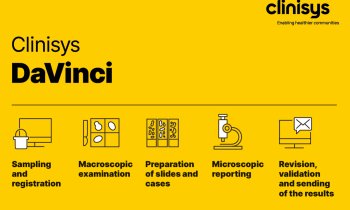First prostate cancer biomarker identified in urine
Less invasive testing predicted
A potential biomarker for cancer has been identified in urine.
A study*, carried out by researchers at the University of Michigan Medical School, Ann Arbor, and Columbia University College of Physicians and Surgeons New York, suggests that the molecule sarcosine may be an important indicator of prostate cancer progression and spread.
Arul Chinnaiyan and colleagues profiled the metabolites present in the urine of prostate cancer patients compared with that of healthy individuals. They found that sarcosine — a derivative of the amino acid glycine — was present at higher levels in the urine of patients with aggressive prostate cancer. The team went on to show that simply adding sarcosine to cultures of benign prostate cells was enough to turn them into invasive cancer cells capable of spread, indicating that the molecule may have an important role in disease.
This is the first time a marker for prostate cancer has been detected in urine, and with further research could make for easier and less invasive testing. The researchers hope that their findings could one day be used to aid prostate cancer diagnosis and may offer new opportunities for therapeutic intervention.
* Study Author: Arul Chinnaiyan. Co-authors: Cory Abate-Shen and Michael M Shen, both at Columbia University College of Physicians and Surgeons, New York. Published in Nature. (Cancer: Urine clues for prostate cancer. www.nature.com/nature)
01.03.2009








